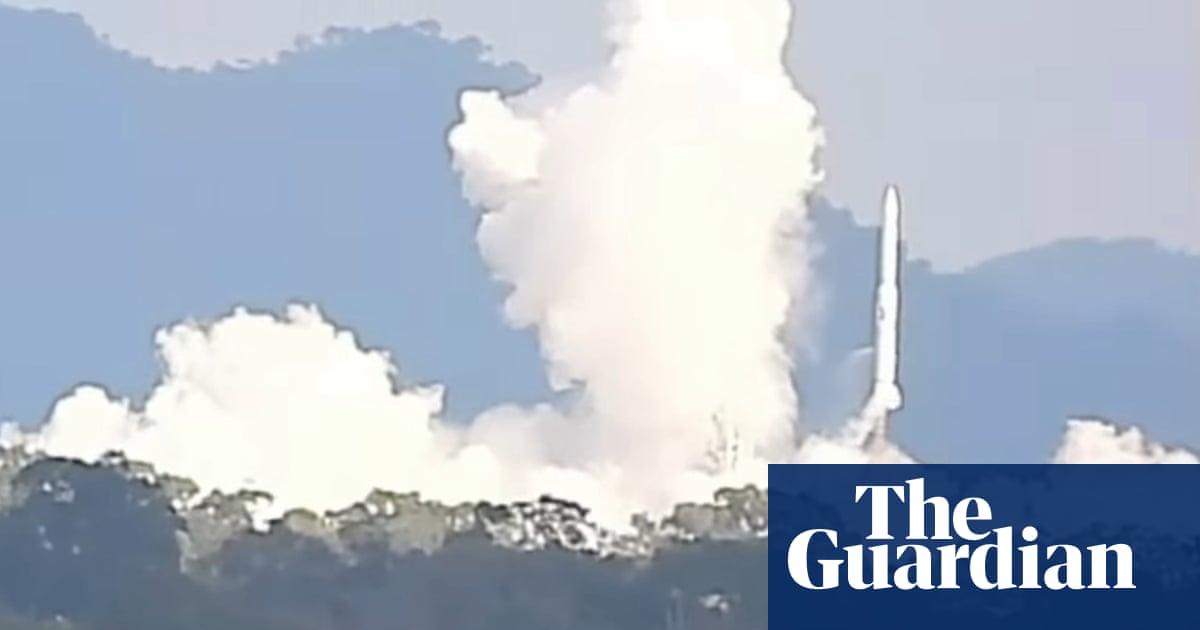Impending Supply Chain Crisis Threatens Europe's Electric Vehicle Industry Amid U.S.-China Trade Tensions

As trade tensions continue to escalate between Beijing and Washington, a looming supply chain crisis is emerging that could have dire consequences for Europe’s electric vehicle (EV) industry. Analysts are sounding alarms about a potential rupture in the supply chain for rare earth elements, which are critical to EV production. With only weeks of supply remaining, experts warn that production lines across the continent may come to a standstill by mid-June if the situation does not improve.
A Strategic Chokehold on Electric Mobility
A report from the consulting firm Berylls, in collaboration with AlixPartners, highlights the precarious position that European and American suppliers of rare earth elements find themselves in. These suppliers operate on a dangerously thin margin, with essential materials like neodymium—crucial for creating permanent magnets used in electric motors—running alarmingly low. As stockpiles are expected to be depleted within a mere five to six weeks, the forecast for the industry is grim: “If supply doesn’t resume quickly, some assembly lines could stop by mid-June,” the report cautions.
This dire warning follows the imposition of new export restrictions by China, a country that has maintained dominance in the rare earths market for years. Beginning in April, Beijing mandated special permits for the export of various high-demand minerals, including neodymium. This move is widely interpreted as a retaliatory tactic against U.S. trade policies. Although these restrictions appear to target Washington, the ripple effects are being felt throughout Europe’s tightly interconnected manufacturing networks, creating a sense of urgency among industry stakeholders.
A Supply Chain Without a Plan B
China currently dominates about 90 percent of the global rare earth extraction market and holds nearly 100 percent of the processing capabilities, granting it unparalleled leverage over this vital sector. This overwhelming control has transformed into a chokehold for European manufacturers. Analysts at Berylls have stated, “There is no viable short-term alternative,” emphasizing the extent to which the European automotive industry relies on a single, foreign-dominated source for these essential materials.
The ramifications of this supply chain disruption are significant and far-reaching. Rare earth elements are not just critical for electric vehicle motors; they are also indispensable in a variety of applications, including power steering systems, audio devices, climate control systems, and even wind turbines. As Chinese exports have dwindled over the past month, the pressing need for these components has shifted the focus from cost to availability, with prices surging by 40 to 50 percent.
Quiet Factories, Quiet Executives
Typically, one would expect automakers to voice their concerns during such a critical juncture, yet many industry leaders have remained conspicuously silent. While some analysts suggest that this reticence stems from a cautious approach, the lack of a unified response from prominent European manufacturers raises alarm bells. Many production facilities utilize a just-in-time logistics model, meaning even minor disruptions in supply can halt entire production lines.
The seriousness of the current situation has drawn parallels to the semiconductor shortage that severely impacted global manufacturing in the early 2020s. In that instance, a lack of a seemingly invisible component brought powerful industries to their knees; now, it is a collection of obscure yet irreplaceable minerals threatening to wreak similar havoc.
Political Paralysis in Brussels
In response to these challenges, European governments have begun to consider emergency measures, including accessing strategic reserves or streamlining import processes from alternative sources like Japan. However, as of late May, no substantial actions have been announced. This inaction mirrors the EU’s sluggish response last December when China introduced restrictions on the export of gallium, germanium, and antimony. This earlier episode failed to inspire necessary contingency planning, which could have mitigated the current crisis.
China's new export licensing regulations allow it to halt shipments without any requirement to provide justification, further tightening its grip on an industry that is increasingly crucial as the West accelerates its energy transition. For the European Union, the consequences extend far beyond the realm of electric vehicles, posing significant threats to its broader vision of a decarbonized economy that heavily depends on clean technologies that utilize rare earth materials.
If urgent and effective measures are not implemented, European manufacturers may soon find themselves at the mercy of a supply chain they cannot control—a precarious position exacerbated by a trade war they did not instigate.


















